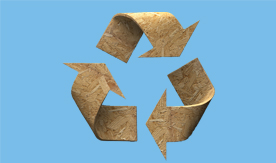University of Maine Foundation Presents Awards to Six Alumni at 80th Anniversary Celebration
As part of the celebration of its “Ensuring the Future” 80th anniversary, the University of Maine Foundation presented one graduate from each of UMaine’s colleges with the President Abram W. Harris Award. The award was established in 2003 by President Harris’ grandson Abram ”Pete” W. Harris III ’50 and his friend, Marion Waterman Meyer ’51. […]
Read more

